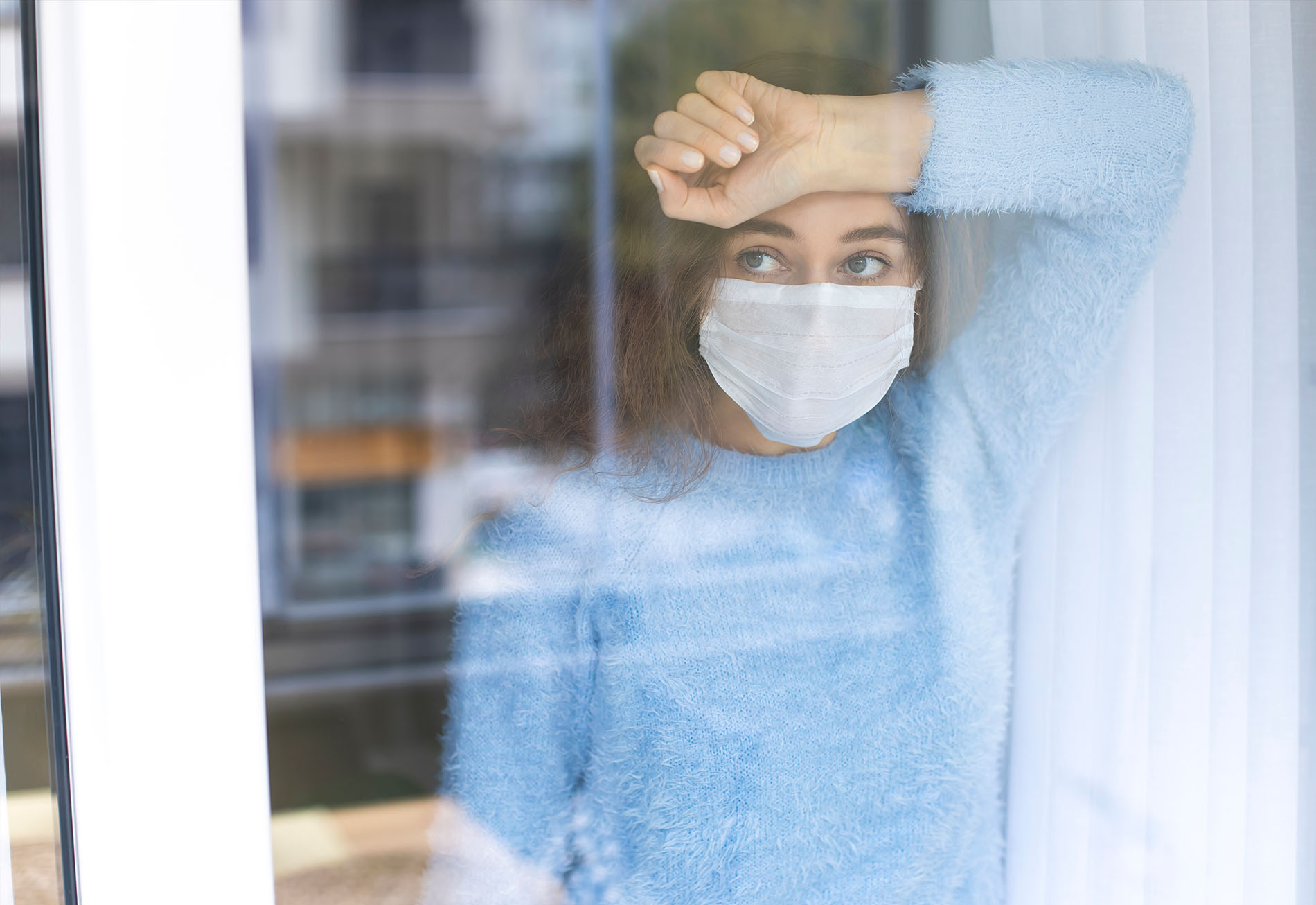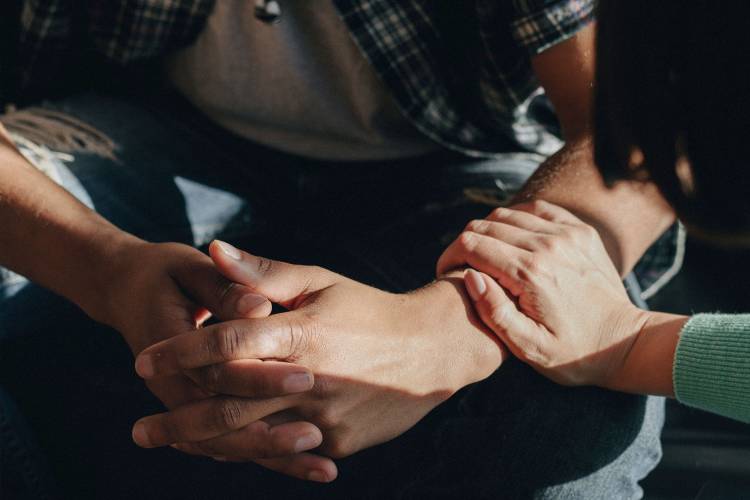Psychological consequences of the pandemic
Lockdown and uncertainty, among other factors, can lead to consequences in the population. These are some of the psychological consequences of the pandemic.
KNOW YOURSELF
Share

Since the beginning of the 20th century, when the Spanish flu broke out, we had never experienced a pandemic of similar characteristics in the world.
For everyone, particularly our elderly and for the most vulnerable or those with a history of heart disease, obesity or diabetes, which has meant the end of their days among us, this pandemic would mean a change in our way of life.
We have left behind many days of confusion, lockdown, uncertainty and wanting to know what would happen to our loved ones, to ourselves and where this virus was leading us. We sat in front of the television, waiting for good news: we wanted them to talk about the “beginning of the end”, that “everything would turn out OK” and that “everything will work out” or that “nobody can be left behind”.
Lack of knowledge, fake news, vaccinations, medical treatments, political, social, economic, labour changes...and now what?
Psychological consequences of the pandemic
It’s the other side of the pandemic: silent and inevitable.
This circumstance must be taken into consideration: history has shown that the impact of disasters on mental health lasts longer than the physical impact, which suggests a need to look after it, because it will continue beyond the coronavirus outbreak.
Psychological healthcare systems should be enhanced, being mindful once again of those who are most vulnerable: those with previous psychopathologies that have been exposed to emotional dysregulation, anxiety, depression, stress, apathy, irritability, insomnia, anger, emotional exhaustion, fear, phobias, worries and consumption of toxic substances; those who continue to work on the front line, healthcare staff, whom we praise and send a well-deserved appreciation to from this platform; children, adolescents and older adults.
We must decisively tackle the distress, sadness, anxiety, loneliness, uneasiness and helplessness that may emerge over the coming months. We have been at very close quarters to human limits: we weren't and we still aren’t prepared for what has happened.

How to tackle anxiety due to the pandemic
- Try to accept your emotional reactions. They are to be expected, and they usually pass. If they don’t become less intense or they interfere with your work, social, personal and family environment, it is worth seeking advice from a specialist.
- Gradually resume the social contact you had before the pandemic. You might find it hard. We are social beings: we are not made to live in confinement. Take the time you need and look for support in your family and social surroundings.
- Take care of the elderly and children. Look after their needs, without ignoring them, but also without pandering to every whim. It is important to listen attentively, without ignoring what they say. Equally, try and find someone to do it with you.
- Don't poison your environment with bad news or contentious discussions: look for caring and friendly social links.
- Plan your needs. Prioritise healthy eating, sport and self-care activities.
- Look for activities in nature and do activities outdoors: contemplate nature’s beauty and the things we have the opportunity to enjoy, with an attitude of improvement, change and being open to change. It’s true that everything will be OK, but the most important change starts within you.






